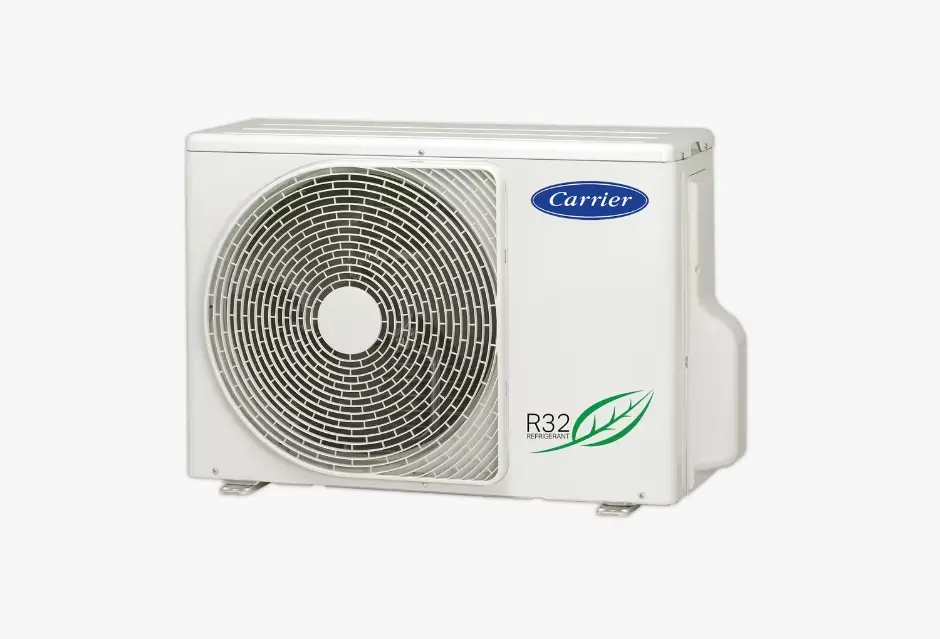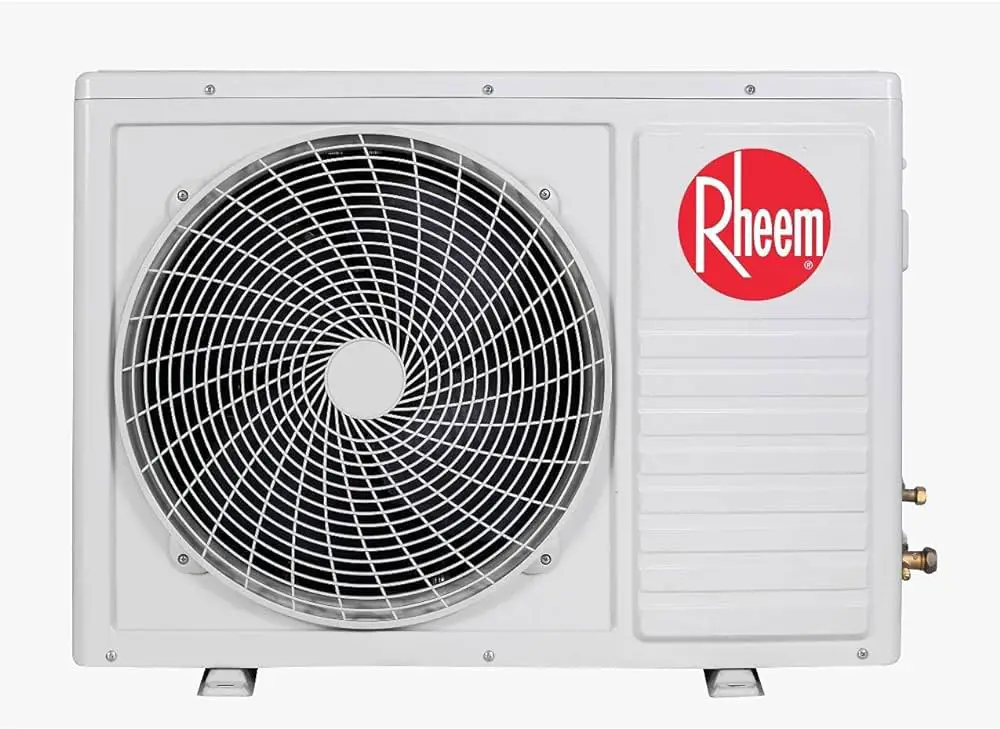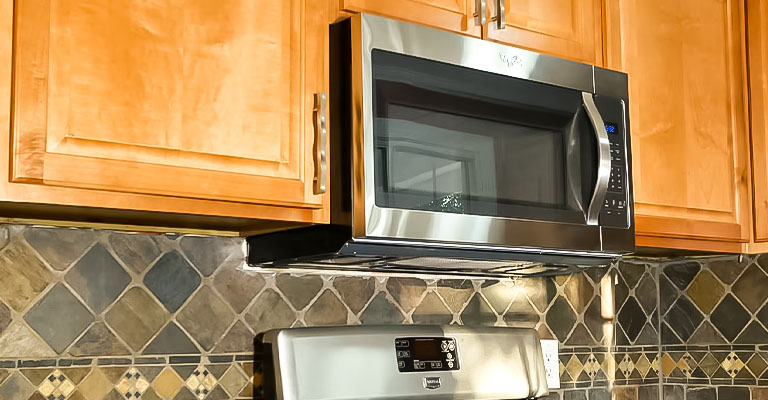Carrier vs. Rheem: A Comprehensive HVAC Comparison

When considering home comfort, heating, ventilation, and air conditioning (HVAC) systems play a pivotal role. Carrier and Rheem are two of the leading brands in the HVAC industry. Both have a long-standing reputation for quality, efficiency, and reliability. But which one is right for your home? Let’s dive into a comparison of Carrier vs. Rheem to help you make an informed decision.
Brand Heritage
Carrier: Founded in 1915, Carrier is often dubbed the “father of air conditioning.” With its century-long history, Carrier has been at the forefront of HVAC innovation, bringing a plethora of industry-first technologies.
Rheem: Rheem started its journey in 1925, initially manufacturing water heaters. Over the decades, Rheem expanded its product line, establishing itself as a key player in the HVAC space. Their legacy in water heating technology often influences their HVAC products’ design and efficiency.
Product Range and Diversity
Both brands have a comprehensive product line, including furnaces, central air conditioners, heat pumps, and more. However, they cater to slightly different market segments:
Carrier: Known for its premium product range, Carrier offers a variety of high SEER (Seasonal Energy Efficiency Ratio) units. Their Infinity series, for instance, is renowned for top-tier efficiency and intelligent controls.
Rheem: While Rheem offers products across different price points, they excel in providing value. Their products are typically durable, reliable, and affordably priced, making them a popular choice among homeowners on a budget.
Energy Efficiency
Energy efficiency isn’t just about saving money; it’s also about reducing our carbon footprint. When comparing Carrier and Rheem:
Carrier: Generally offers units with higher SEER ratings. For homeowners focused on long-term savings and environmental considerations, Carrier’s high-efficiency units can be a solid choice.
Rheem: Offers decent SEER ratings, especially in its top-tier units. While they might not always match Carrier’s premium models, Rheem systems strike a balance between performance and price.
Warranty and Customer Support
Carrier: Provides a solid warranty on its products, often ranging from 5-10 years for parts and longer for compressors. Their extensive dealer network ensures professional installations and prompt after-sales service.
Rheem: Rheem’s warranty varies based on the model, but they generally offer a 10-year limited parts warranty. Moreover, Rheem has a vast network of contractors and service providers, ensuring timely maintenance and repairs.
Price Point
Carrier: Positioned as a premium brand, Carrier’s products typically come with a higher price tag. However, this cost often translates to advanced features, greater energy efficiency, and sophisticated controls.
Rheem: Rheem is lauded for offering value for money. Their units tend to be more budget-friendly, making them a go-to for homeowners who want reliability without breaking the bank.

Installation and Ease of Maintenance
A significant aspect of your HVAC experience will be its installation and ongoing maintenance. A system can be top-of-the-line, but if it’s challenging to install or maintain, it might not be worth the investment.
Carrier: With its advanced features, Carrier systems can sometimes require more intricate installations. However, their widespread dealer network is trained to handle these installations expertly. The design of Carrier systems usually considers ease of maintenance, making regular check-ups straightforward.
Rheem: Rheem units are generally lauded for their straightforward installation process. Their design often emphasizes user-friendliness, making routine maintenance tasks more accessible for homeowners and technicians alike.
Technological Advancements
The HVAC industry has witnessed significant technological advancements over the years. Integration of smart home technology and the use of AI-driven algorithms can optimize comfort and efficiency.
Carrier: Carrier often leads in technology integration. Their systems frequently feature connectivity options, allowing homeowners to integrate their HVAC units with smart home setups. The Carrier Infinity series, for instance, boasts intelligent controls that adjust based on external conditions and user preferences.
Rheem: Rheem has made commendable strides in this department, with many of their units now offering Wi-Fi-enabled controls. Their EcoNet™ technology is a nod to their commitment to smart, connected homes.
Environmental Commitment
With increasing awareness about climate change, many homeowners prioritize brands that have a commitment to eco-friendliness.
Carrier: Carrier’s GreenSpeed™ Intelligence is a testament to its commitment to the environment. Many of their units are designed to minimize greenhouse gas emissions, and they often utilize eco-friendly refrigerants.
Rheem: Rheem, too, showcases a commitment to sustainability. Their products often aim to reduce energy consumption, and their manufacturing processes are continually being refined for better environmental efficiency.
The Evolution of Air Conditioning Units
Rheem air conditioners and Carrier air conditioners have evolved over the years, seamlessly integrating modern technology to boost the efficiency and functionality of their respective AC units. Rheem AC and Carrier ACs, particularly, stand out as leading choices for homeowners seeking a combination of reliability and advanced features in their air conditioning system. These brands have continuously adapted to market demands, ensuring that their air conditioner units remain at the forefront of heating and cooling products.
The Importance of Proper Installation
Regardless of whether homeowners choose Carrier air conditioning systems or their Rheem counterparts, the importance of proper installation cannot be overstated. A superior SEER rating and top-tier HVAC equipment can only perform at their best when installed correctly. Both Rheem and Carrier emphasize the need for certified professionals to handle their installations, ensuring the longevity and efficiency of their AC units. Proper installation also minimizes the need for off-the-shelf parts replacements, saving homeowners both time and money in the long run.
Durability and Maintenance of HVAC Systems
Both Carrier and Rheem have a legacy of producing robust heating and cooling products, a testament to their commitment to quality. Carrier units and Rheem air conditioning units alike are designed to withstand the test of time, even in challenging climates. However, the longevity of an AC unit doesn’t solely rest on its brand. Regular maintenance and using genuine HVAC equipment parts play a crucial role. Whether homeowners opt for Carrier or Rheem, investing in routine check-ups will ensure their systems operate at peak performance for years to come.
The Final Verdict
Choosing between Carrier and Rheem isn’t about pinpointing the “better” brand— it’s about aligning your choice with your needs and budget.
For those seeking the crème de la crème of HVAC technology and are willing to invest more upfront for long-term efficiency gains, Carrier might be the way to go. On the other hand, if you’re searching for reliable performance without the hefty price tag, Rheem could be your ideal match.
No matter your choice, always consider factors like the size of your home, your region’s climate, and your energy consumption habits. Consult with HVAC professionals to ensure you select the best system for your needs.






